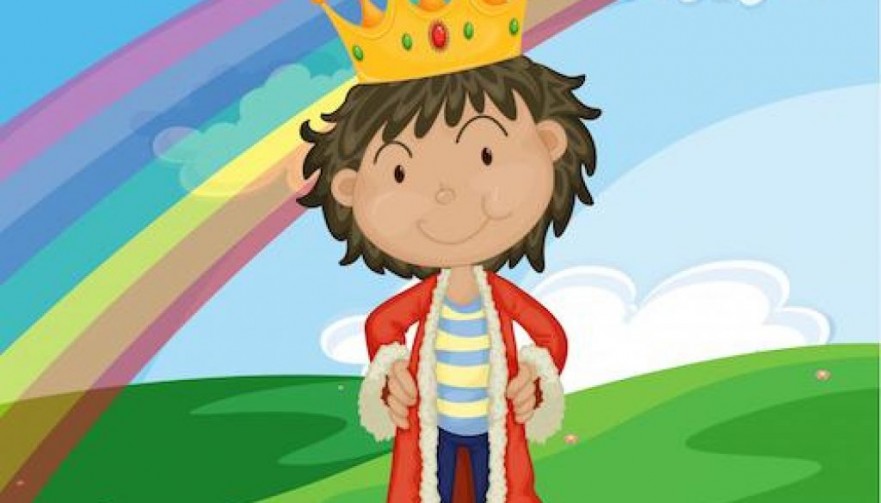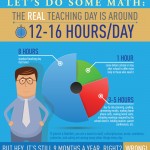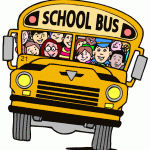As my scholars returned to school from winter break, we had a great discussion on how they could become more involved on campus this semester. They shared their insights on the changes they wanted to see on campus, and they provided their own solutions on how to make the school better. As educators, we are all familiar with the expression, “Leadership isn’t a spectator sport.” This couldn’t be truer when we allow our scholars to have a voice in their school experience. As teachers and educational leaders, our desire is for students to know that their knowledge, talents, opinions, and ideas are valued in all aspects of school life. I firmly believe that our scholars’ voices should permeate all levels of school, from scholars participating in small group classroom conversations to scholars partnering in curriculum design and even establishing school norms and policies.
There is much research out there to support that student achievement and engagement will increase when students have more ownership of their school community. In an article in Educational Leadership, entitled, “Giving Students a Voice in the Classroom”, Schneider writes, “If we want to nurture students who will grow into lifelong learners, into self-directed seekers, into the kind of adults who are morally responsible even when someone is not looking, then we need to give them opportunities to practice making choices and reflecting on the outcomes. Responsibility means owning one’s failures and successes—small, medium, and large.” Student voice greatly impacts the entire educational structure because what students have to say matters in how learning happens. This is truly a game changer! In my own classroom, I witness nearly every day how my scholars have this untapped expertise and potential; it helps me bring relevance and authenticity to the classroom. All scholars benefit from opportunities to practice problem-solving, leadership, decision-making and creative thinking.
A special shout-out to Dr. Robinson and all administrators like her who are using the Leader in Me model or something similar in their schools. The Leader In Me initiative teaches 21st-century leadership and life skills to students and empowers them to use their voice and become leaders and role models within their school. This concept promotes the notion that young people won’t just become better students. They’ll become better people! We have to do more than just talking about empowering our kids. What’s holding us back? What are we afraid of? I know many schools wrestle with exactly which decisions to allow students to make. I will say, once you give kids the green light, and you seek their input, get ready–they don’t just sit back and twiddle their thumbs. They utter out their ideas. They want to put their “stamp” all over the school, which is really great to watch.
There are endless possibilities on how to incorporate our scholars in school decision-making. I personally would love to see our scholars selecting new teachers and principals when there is a vacancy. Too crazy for an idea you say? I don’t think so! With extensive training, they can do it. This is the very essence of authentic student voice and meaningful student involvement; our scholars can partner with staff to hire teachers and principals who are responsive and engaging. We have all heard of those schools that have incorporated a student court on their campuses. Students are often harsher than adults in developing these types of policies. Both of these examples can help educators learn about the valid concerns students have about their school and help to get rid of that disconnected feeling many young people believe that schools too often perpetuate. These types of authentic student involvement can help teach our scholars about making wise choices and real accountability. Student voice and The Leader in Me model are not just about our scholars; it has a positive impact on teachers as well. It feeds into this idea of the growth mindset. Teachers are invigorated by the opportunity for creativity and inspiring results. As Schneider states, “For those educators tired of writing the names of misbehaving students on the board, disenchanted with group punishments and rewards, and frustrated by escalating levels of detention time, a different way is bringing some success…Educational Responsibility, in contrast to stimulus-response models that control students from the outside, is designed to strengthen student empowerment and responsibility.” Meaningful student involvement and having an authentic voice on campus is the kind of school that every child deserves to experience.
How are you empowering your scholars in your schools? Do they have a meaningful voice?










Comments 1
I think my students have a voice in my class, but maybe less than other years – but that’s a different story. One think I noticed when granting students more autonomy was that things got a little messier, management wasn’t as good, and there was a general look of disorganization. But I’d always remind myself that I was making investment hoping that by developing their agency in my classes would help them in later years and that then it wouldn’t be so messy.